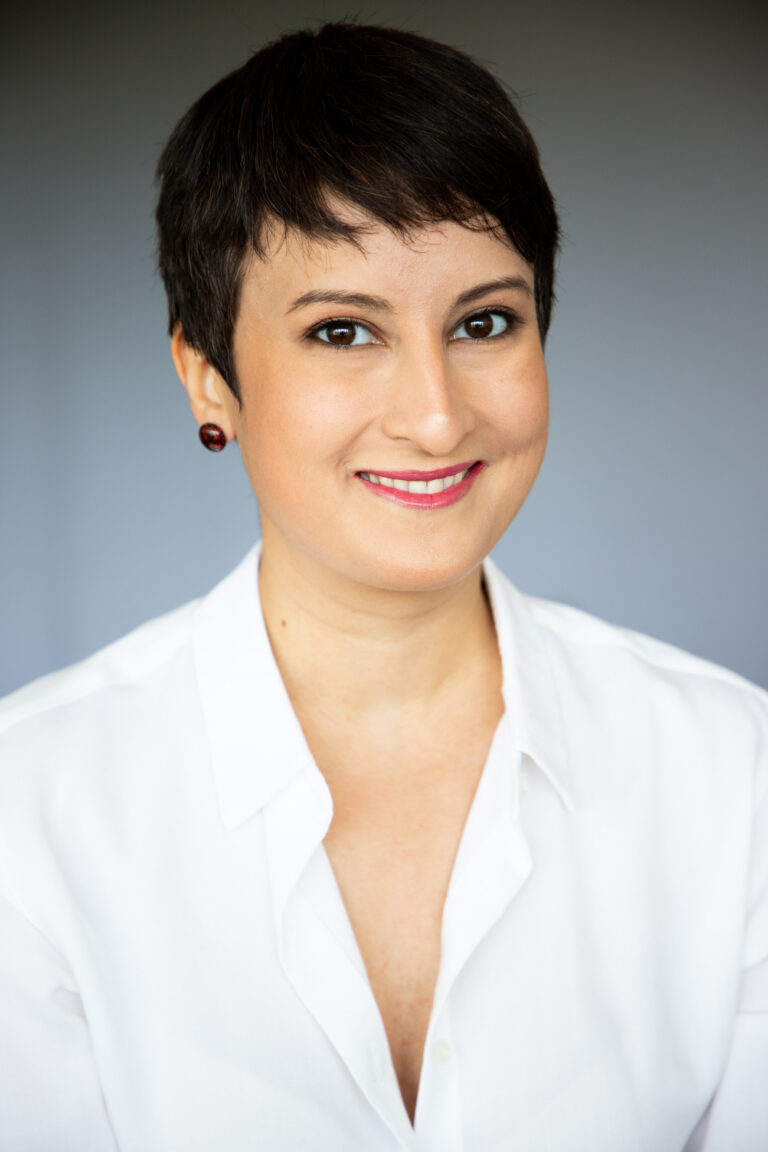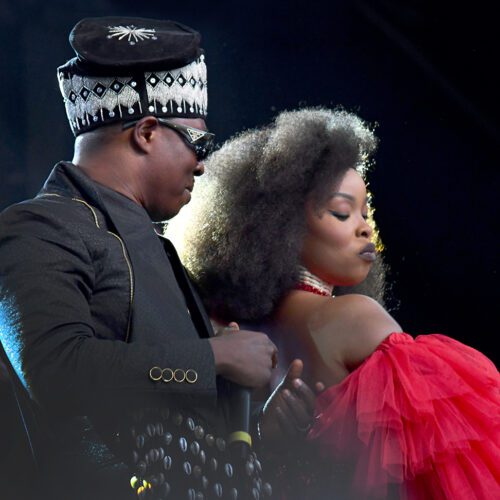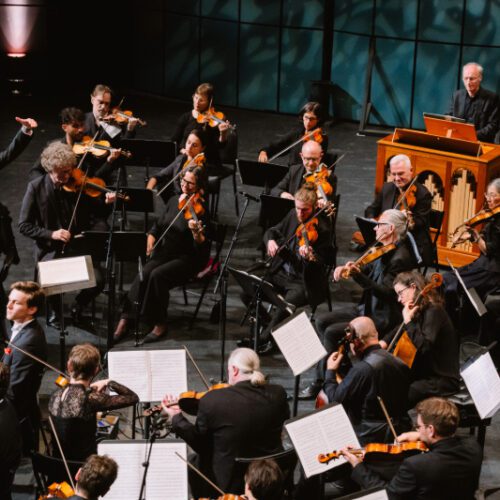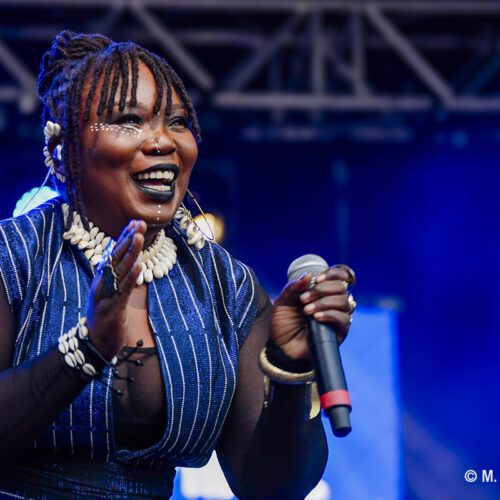On 2 April, a concert of discoveries and feminist affirmation took place in Salle Bourgie at the Montreal Museum of Fine Arts. Iranian-born Montreal soprano Bahar Harandi was accompanied by Amir Eslami on ney (a traditional Iranian flute), Saba Yousefi on violin and Hooshyar Khayam on piano. Through a repertoire of contemporary works written by as many Iranian-Canadian women composers, we were presented with a whole universe inspired by Persian roots and its rich history. The concert began with a number of traditional pieces arranged for ney and piano, immersing the audience in an exotic soundscape that was also relatively close to the music of Gurdjieff/Hartmann from the early 20th century. The other pieces on the programme, by Parisa Sabet (born in 1980), Aida Shirazi (born in 1987) and Mina Arissian (born in 1979) demonstrated a very high level of skill, ranging from the consonant music of Sabet to the more demanding expressionism of Shirazi, before returning to the Scriabinian inspirations of Arissian.
The texts, many of them by the great poet Rumi, were used symbolically in the context of this concert, even if their initial premise had no such intention. For example, Parisa Sabet’s Be still (based on a text by Rumi) says:
Sit, be still and listen,
because you’re drunk
and we’re at the edge of the sky
It came as no surprise that the expressive force given to the voice was concentrated on the first stanza. Bahar Harandi put a lot of intensity into it and it was impossible to think of anything other than a man ordering a woman to do this in modern Iran (or indeed anywhere else). There were, in fact, several moments of powerful dramatic force throughout a programme that was quite varied in terms of musical texture, rhythm and atmosphere.
Harandi sang with a beautiful and very well-balanced voice, combining technical mastery with plenty of emotional character. The soprano also demonstrated good dramatic range, accentuating certain passages with bite, cynicism or gentleness.
























